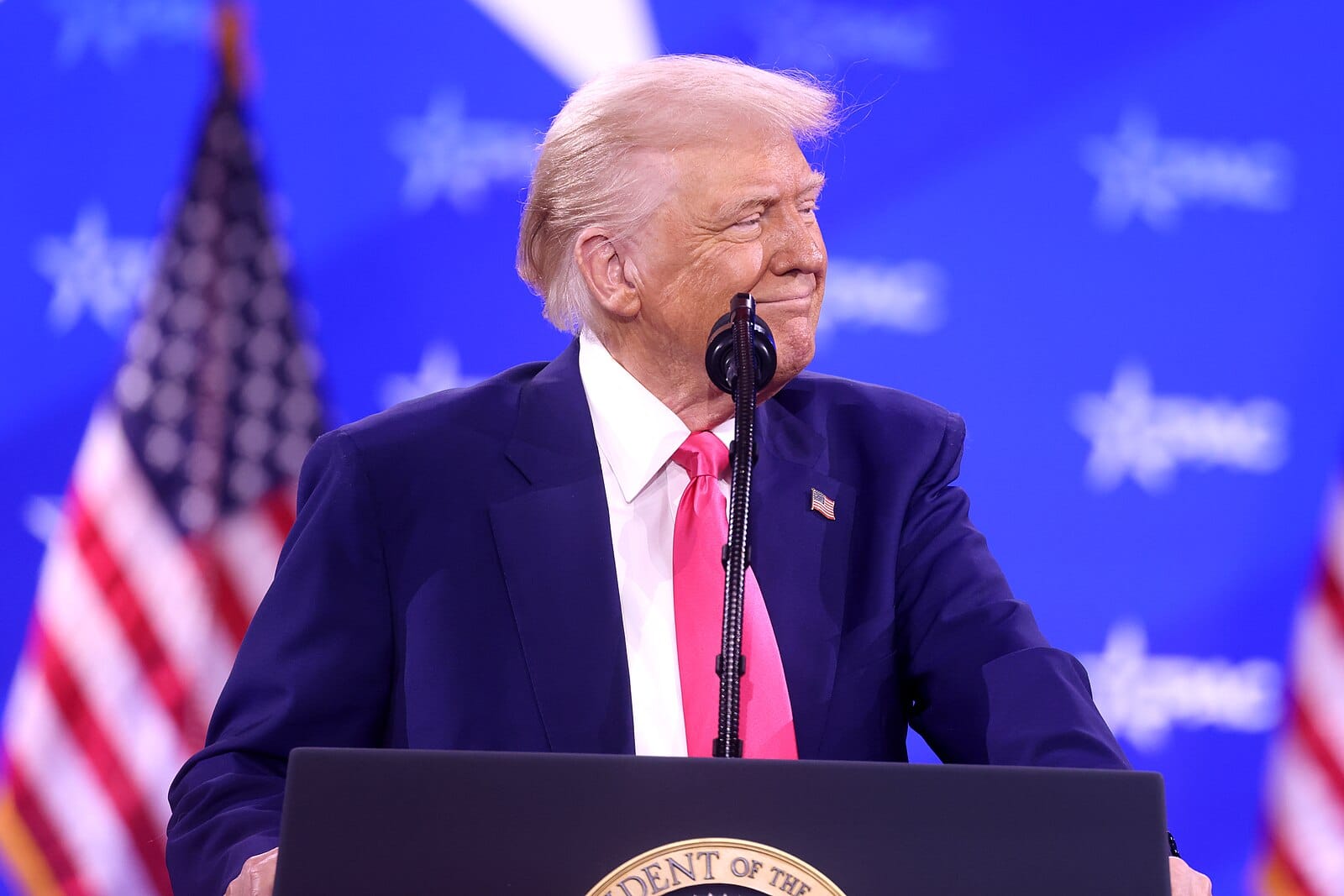Hypocrisy in Inviting Donald Trump: Between Economic Oppression and the People’s Hardship
An op-ed by Sharifah Azzahra criticizes Malaysia’s invitation to Donald Trump for ASEAN Summit, highlighting economic hardship, poverty, and hypocrisy in foreign policy, especially regarding Palestine and U.S. tariffs.

By Sharifah Azzahra
Malaysia is currently facing major challenges in both economic and social aspects. The rising cost of living, persistently high poverty rates, and global market uncertainties continue to affect the daily lives of the people. In such circumstances, the government’s decision to invite U.S. President Donald Trump to the ASEAN Summit in Kuala Lumpur raises serious questions about the priorities of national leadership.
Economic Pressure from the United States Since early 2025, the United States has escalated economic pressure on Malaysia through trade tariffs:
- In April 2025, a 24% reciprocal tariff was imposed on most Malaysian exports.
- Following negotiations, the tariff was reduced to 19% in August 2025.
- Electronics (semiconductors) and pharmaceuticals were exempted, while sectors such as rubber and palm oil remained affected.
- These measures have eroded Malaysia’s export competitiveness, especially in industries still under tariff coverage.
The economic impact has been significant. Bank Negara Malaysia revised its 2025 GDP growth forecast to 4.0–4.8%, down from its earlier projection of 4.5–5.5%. To mitigate the slowdown, the central bank also cut interest rates.
Persistent Poverty
Despite economic recovery, poverty remains a critical challenge in Malaysia:
• Absolute poverty rose to 6.2% in 2022, up from 5.6% in 2019.
• Urban poverty similarly increased to 4.5% in 2022.
• A 2023 UNICEF study revealed that in Kuala Lumpur:
- 41% of households live below the poverty line, and 8% are classified as hardcore poor.
- Vulnerable groups—including female-headed households (~59%) and households led by persons with disabilities (~67%)—are disproportionately affected.
- Children are particularly impacted, with nearly all living in relative poverty and around 40% under the absolute poverty line.
These figures highlight that while macroeconomic indicators may signal recovery, many Malaysians—especially in urban and vulnerable demographics—continue to face entrenched hardship.
The Political Paradox: Inviting Trump
At a time when the people are still burdened, the decision to invite Donald Trump to Kuala Lumpur raises questions:
- Trump is notorious for his “America First” policies, which repeatedly pressured ASEAN economies through unfair tariffs.
- He openly supported Israel in the Palestinian conflict, contradicting Malaysia’s professed strong stance in defending Palestine.
- Elevating him as an honored guest at ASEAN can be seen as an act of political hypocrisy, one that disregards both the suffering of the people and humanitarian aspirations.
Implications for Malaysia and ASEAN
Welcoming Trump to the 47th ASEAN Summit, scheduled to take place in Kuala Lumpur this October sends the signal that Malaysia and ASEAN remain submissive to the pressure of great powers, even though history has repeatedly proven that America’s protectionist policies only harm regional economies.
For example, recently, there has been an imbalance in tariff policies between Indonesia and the United States. Indonesian products exported to the U.S. are still subject to an import tariff of 19 percent, although it was previously as high as 32 percent. In contrast, almost 99 percent of U.S. products can enter Indonesia with a zero percent tariff. This situation raises questions of fairness in bilateral trade relations, as Indonesia continues to bear the burden of tariffs while the United States enjoys greater market access. Vietnam, meanwhile, was repeatedly pressured through accusations of “currency manipulation,” with the U.S. threatening additional tariffs on textiles and furniture – two of its major export sectors employing millions. The Philippines was not spared either, as tariffs on steel products forced local companies to bear heavy losses while domestic construction material prices spiked. All these examples prove that American policies have consistently undermined ASEAN economies, destabilized the region, and ultimately burdened ordinary citizens.
If this situation continues, Malaysia risks becoming increasingly vulnerable to economic oppression, while ordinary citizens remain trapped under rising living costs. In times when people face intensifying hardship, inviting a figure synonymous with global economic and political oppression raises profound doubts about the sincerity of national leadership. If Malaysia truly wishes to stand as the voice of the oppressed and a defender of Palestine, this action must be reconsidered.
The Malaysian people have the right to demand that foreign policy never contradict the suffering they endure at home. While many countries have distanced themselves from Donald Trump due to his unwavering support for Israeli Prime Minister Benjamin Netanyahu and his controversial policies in the Middle East, Malaysia has chosen acontrasting path by extending him an invitation. This raises uncomfortable questions: if nations in Europe and even parts of Asia are cautious of associating with a leader who openly emboldened Israel’s aggression, why should Malaysia , a nation that consistently presents itself as a defender of Palestinian rights — break ranks? The inconsistency undermines Malaysia’s credibility and exposes a troubling hypocrisy, as proclamations of solidarity clash with contradictory political actions.
Hence, we demand that our leaders stand firm in their convictions and resist the temptation to be mere people-pleasers in the eyes of powerful nations. At a time when the world is crying out for justice, transparency, and accountability — not complicity in genocide or blind alignment with oppressive powers — Malaysia must choose principle over convenience. To do otherwise would betray not only the suffering of the Palestinian people, but also the trust of Malaysians who look to their government for integrity and moral courage.
